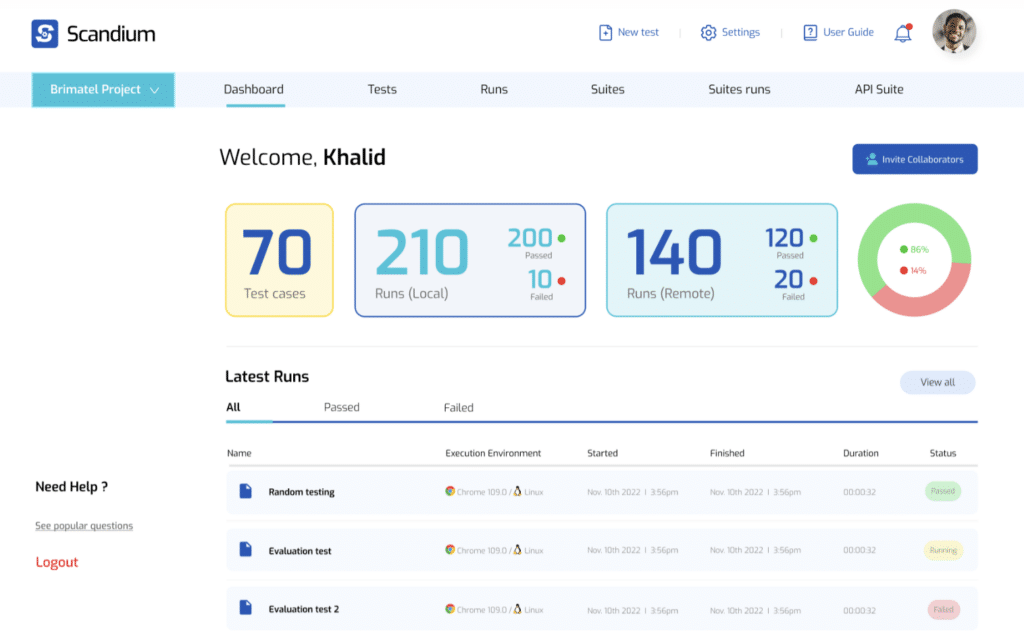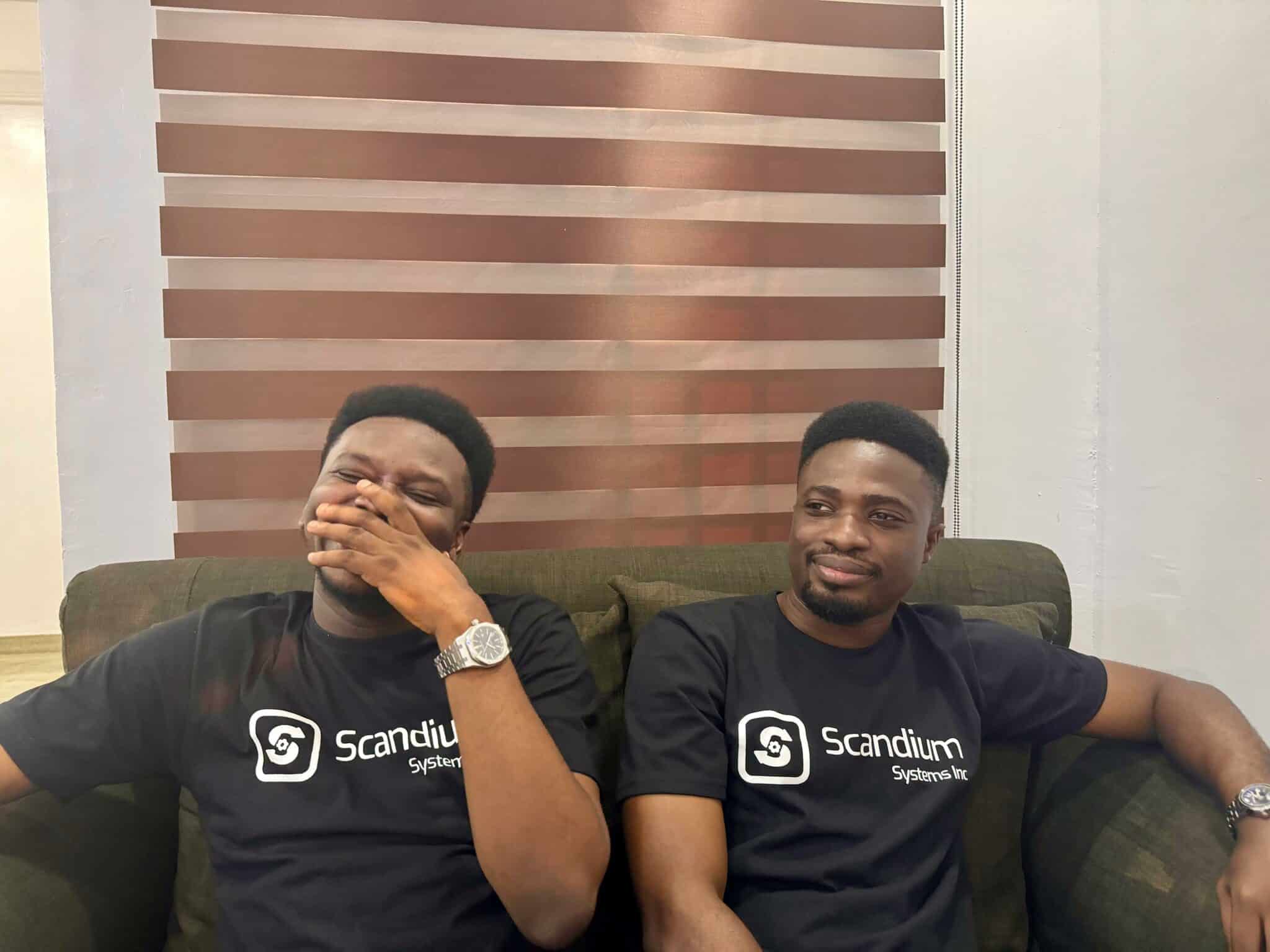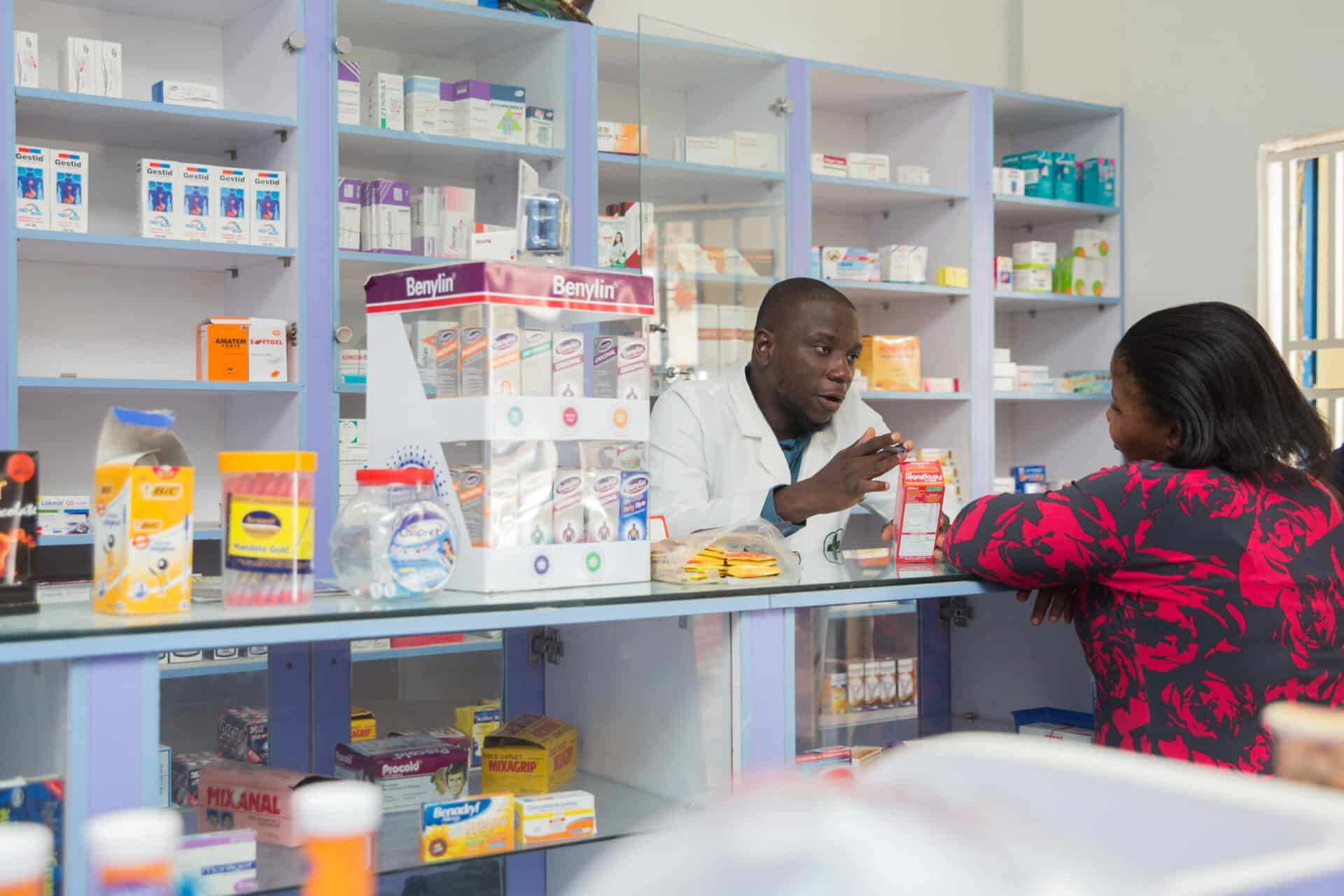Abdulazeez Ogunjobi describes himself as a restless person who likes to do stuff, which is why he has cofounded many startups, including SimbiBot, Charistouch Technologies (acquired by Cars45), and Fixit45.
Ogunjobi gives a completely new meaning to “serial founder” because he’s not done yet. His latest company, Scandium, is a year-old software testing startup that is already profitable.
The startup got its first customer before it launched. According to Ogunjobi, he and his Co-founder, Sodeeq Elusoji, announced the idea for Scandium on LinkedIn and a bank CTO got interested.
The CTO’s interest is clear when you understand exactly what software testing is.
As a non-developer or engineer with zero technical skills, I didn’t completely understand the concept of software testing until Ogunjobi broke it down for me.
Of course, from the name, you have an idea of what it means to test software, but if you’re not familiar with the process of software development, you won’t get the full picture, especially why there is an entire market for software testing.
The software testing market is valued at $51 billion. Some of the companies in this market such as as HikeQA have a recurring revenue of $14.1 million per year.
Interestingly, HikeQA is one of Scandium’s competitors. Ogunjobi says they have no Nigerian or African competitors, so they have to compete with big and deep-pocketed companies outside Africa, but there’s an interesting competitive advantage.
Scandium’s competitive advantage
Scandium’s competitive advantage is simplicity. To understand it, you need to know how important software testing is.
For example, the massive IT outage by CrowdStrike, which cost Fortune 500 companies $5.4 billion in revenues and profit, could have been avoided with an extensive software test.
One way small companies test software is pretty simple: the product manager or the CEO tests what the developer has created before it is pushed to customers. However, this process can be very time-consuming.
According to Ogunjobi, if the application is large, the test could take weeks. However, the frustrating part about software testing is that whenever a change is made to the product — no matter how small — a complete test has to be run on the product.
“When programmers fix something on one end of the codebase, it could trigger a change or bug on the other side. That is why you need to run these tests again from end to end.”
The solution to this problem is automating the testing process, and this is what Scandium’s competitors do. So where’s the competitive advantage?
“The current automation tools like Cypress and Selenium are difficult to set up,” and this is where Scandium’s competitive advantage — simplicity — comes in.
While tools like Cypress and Selenium automate testing, they require engineers to code the automation. But in Scandium’s case, setting up the automation requires zero code.
“All you need to do is your manual testing; Scandium will record everything, and create code from it.”

After that first test, every other test is automated.
This doesn’t just make software testing easier; it makes it possible for anyone to be a software tester.
Scandium is growing
Scandium is now being used by 60 businesses and 800 software testers. Twenty-five of the businesses on the platform are paying customers, which means the startup is already generating revenue.
In the past year, Scandium made $120,000, 90% of which is its gross margin or gross profit margin. The goal for the startup is to keep growing its figures every year, and it hopes to do this with some funding.
The growth it has achieved without funding is based on the founders’ experience. It also helps that they made enough money over the years to inject into other businesses.
However, Ogunjobi and Elusoji won’t be spending their money for much longer as they are working to get investment for their startup. They’re already making progress on that front with their acceptance into the Baobab Network accelerator.
Building something unusual for Africans is hard
Scandium has two major challenges. The first is that people don’t really understand or see the need for software testing in Africa.
Ogunjobi said the problem is similar to what product designers faced in 2015 before people understood the importance of the role.
“Rather than get a designer who will create a Figma sketch, founders just get a whiteboard, marker, and structure what they have in mind.”
This means that Scandium has to do a lot of education, and according to Ogunjobi, the need for this education is not just to get customers for Scandium, but to get Africans to imbibe a culture of pushing bugless products, even at the MVP stage.
Unfortunately, education takes time and money. The founders have even had to educate investors about the importance of software testing, which is why they only want two or three investors who understand what they do.
They also want a few investors because the startup is already making money and doesn’t need much funding.
Surprisingly, its second challenge is pricing.
Pricing is more of a dilemma than a challenge for Scandium. On the one hand, there are big companies that can afford to pay thousands of dollars in subscription fees for their products. However, it doesn’t want to be too expensive for the smaller companies that can give it virality.
One solution it has adopted for this problem is a freemium model where smaller companies can use the platform for free but will begin paying as they get larger.
Luckily, a good number of its customers are deep-pocketed international and local companies such as First Bank of Nigeria and Cathay Bank.
Ogunjobi sees Scandium growing and says, “I’ve always been surrounded by smart people; I’m usually the dumbest in the room.”
This strategy has worked out for him in previous companies, and he hopes to replicate it for Scandium.
Editors note: The initial version of this article stated that 90% of Scandium’s $120,000 revenue is its profit margin, but 90% is its gross profit or gross margin.










